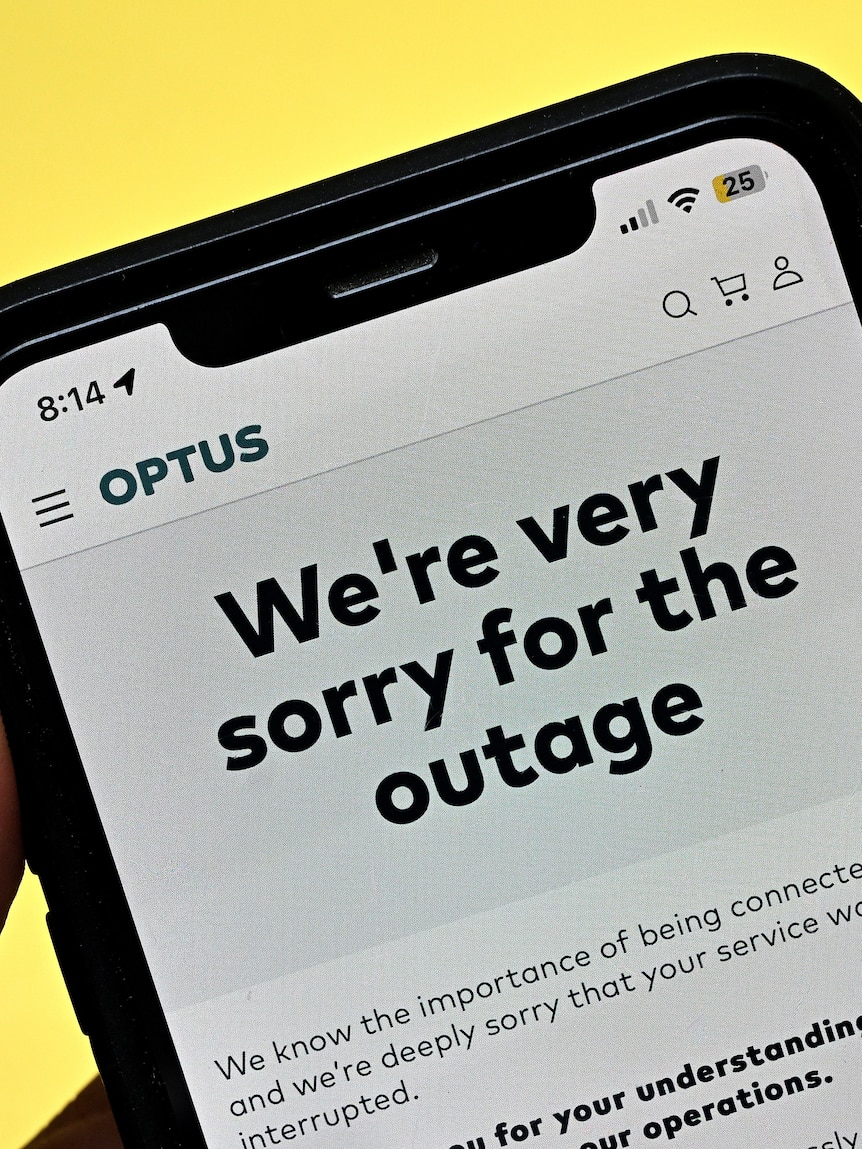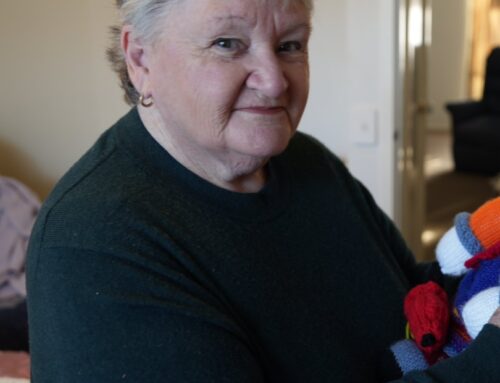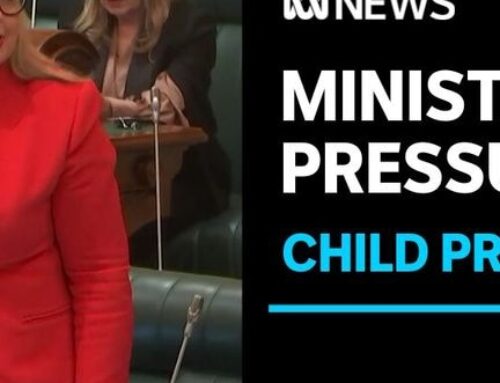Telcos will be forced to share real-time network information during outages and set up a body to take charge of Australia’s triple-0 system, in the wake of last year’s Optus outage.
These are just two recommendations in a series of changes put forward in the Bean Review final report released today.
Australians are meant to be able to contact triple-0 at all times — but for a few hours last year, thousands of people tried to call and couldn’t get through.
That was one impact of Optus’s unprecedented network outage, which affected about 10 million people’s phone and internet services on November 8.
The Bean review, which examined what went wrong, found Optus’s communication around the outage was so inadequate it called for a complete overhaul in what telcos are required to tell emergency services and authorities if the situation happens again.
“No single body could see the whole picture. This significantly hampered the dissemination of accurate and timely advice to the community,” report lead Richard Bean wrote.
The report provided the government with 18 recommendations on how to make the system more “robust and reliable”.
The report said there were currently no obligations for telcos to prioritise restoring access to triple-0 during an outage or to provide information about an outage’s impact on triple-0 calls to others in the system, government or the public.
“There is no mandatory code which obliges carriers to notify the community, government, or other telecommunications entities of such a disruption, and there should be,” the report said.
A blueprint for ‘times of crisis’
The government didn’t escape criticism either, with Mr Bean calling for better communication and collaboration between ministers, state and territory authorities and government agencies.
Communications Minister Michelle Rowland agreed to all 18 recommendations, saying Australians needed to have confidence in the system.
“This review is the most comprehensive examination of the triple-0 ecosystem in over a decade,” she said.
“It means we have a workable blueprint to implement changes that will help improve the resilience of telecommunications in this country.”
Optus said it had made “important changes” to its systems, including reconfiguring its routers to handle the kind of changes that sparked the last outage.
“We will work closely with regulatory authorities, the government, and industry on the review recommendations,” interim CEO Michael Venter said.
The Telecommunications Industry Ombudsman Cynthia Gebert, who will convene a steering committee to determine the new “Triple Zero custodian”, welcomed the report and said she would work with industry players to improve the system.
“This review and the government’s response sets out a pathway for increased consumer trust and confidence during times of crisis,” Ms Gebert said in a statement.
‘Inadequate’ communications slammed in review
The report also criticised Optus for its “inadequate” communication with customers during the outage.
An ABC investigation earlier this year revealed Optus spent hours telling customers they could make triple-0 calls despite evidence to the contrary.
The Bean review has recommended the government establish “mandatory communication requirements” that spell out what steps a telco should take during a major outage.
It described an existing industry guideline document that advised telcos on how they should communicate to the public in the event of an outage.
“It would not appear that Optus followed any of the guidance in this document,” the report said.
“The combination of the delays in advising customers, the lack of detailed answers and explanations as to the cause and impact of the outage across the day and the absence of time frames regarding its rectification, call into question the adequacy of the current voluntary communication guidance,” the report said.
Concerns about impending 3G shutdown
The report found a key cause of the outage was a problem with Optus’s 3G network.
During the outage, Optus’s 4G and 5G towers shut down, meaning emergency calls were diverted to other network’s towers — known as camping on.
But the network’s 3G base towers did not shut down, so those calls got lost along the way.
“Some devices … attempted to make emergency calls via those [3G] towers (rather than look to camp on to another network), even though no mobile service was being supplied by the Optus network,” the report said.
“These calls received an error signal from the Optus network, which signalled the network was not in operation.”
Optus said that since the outage it had strengthened its ability to shut down the 3G network when needed.
The telco also advised that the impending shut down of the 3G network would prevent this happening again in the future.
However, there have been concerns that hundreds of thousands of phones risk being blocked from making triple-0 calls altogether, once Optus and Telstra both shut down their 3G networks.
Last week, the minister said the government was deeply concerned there’d been a lack of industry coordination to support customers ahead of the switch-off.
“We’ve had industry turning its mind to this with a greater sense of urgency than before,” Ms Rowland told ABC Melbourne on Wednesday.
“Those numbers have bounced around to be over a million devices at one stage, but I’m pleased to inform you that that is now down to 400,000.
“That is still a high number — the urgency is still there, but establishing a working group with industry … we are seeing those numbers come down.”
Optus said it was preparing for the 3G shutdown by enhancing 4G and 5G coverage and encouraging impacted customers to upgrade their devices.





